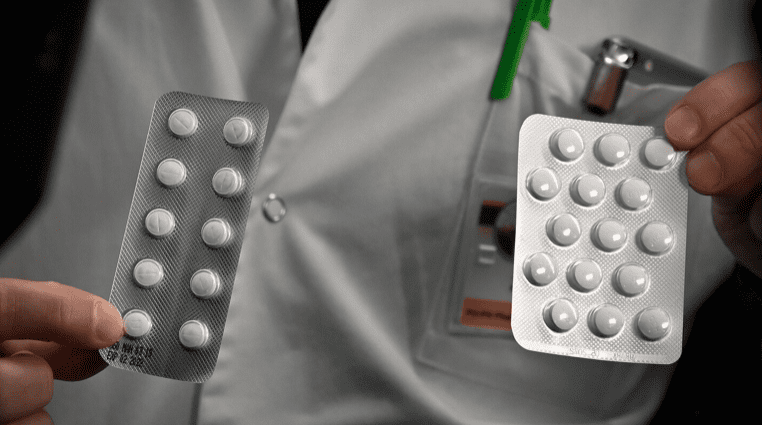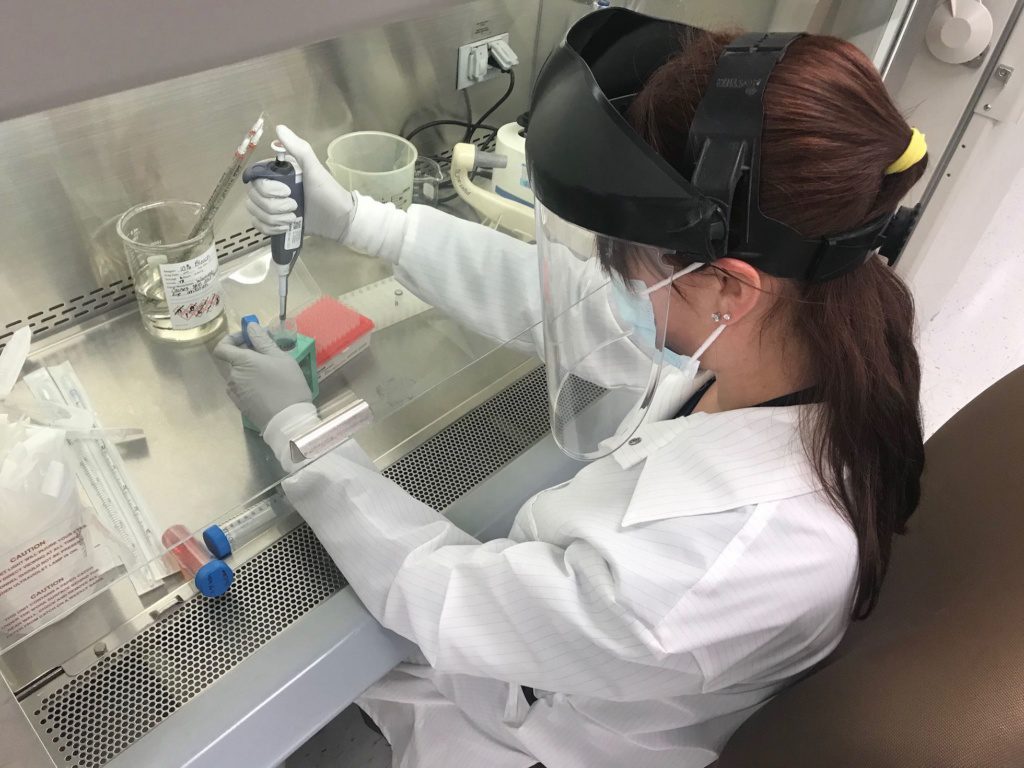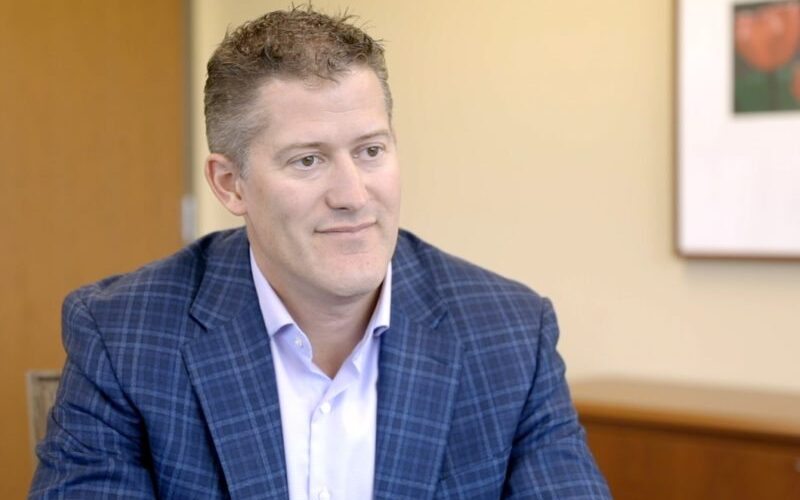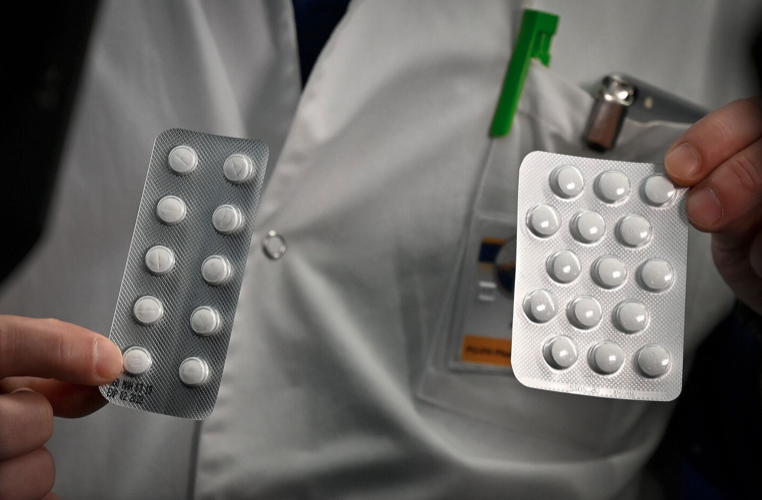Health systems, state will partner to offer antimalarial drug to qualifying patients, study participants
April 13, 2020
COVID-19 patients whose physicians agree they could benefit from the antimalarial drug hydroxychloroquine will be able to access the drug at all major health systems in South Dakota, and those who have been exposed might be eligible to take the drug as part of a controlled study led by Sanford Health.
Sanford is working with Avera Health and Monument Health to add COVID-19 patients to a registry that will compile data on their demographics, health status and response to hydroxychloroquine.
Sanford began the registry in January and has treated some patients in the hospital across its service area with a combination of hydroxychloroquine and azithromycin.
Sanford was able to secure enough hydroxychloroquine for treatment of COVID-19 positive patients while keeping enough for patients who need it for other conditions, she said.
The state of South Dakota was able to access the drug from an inventory secured from the strategic national stockpile, which allowed the registry and study participation to be broadened.
Those involved in the announcement described the move as “going on offense” against COVID-19.
“We are going to be the first state in the nationwide to run a statewide clinical trial around hydroxychloroquine,”said Gov. Kristi Noem, adding she has been in direct communication with the White House, “making sure they knew what we wanted to do here in South Dakota. That not only will Sanford be leading the effort but that Avera and Monument will be participating as well.”
If a South Dakota patient is hospitalized or being treated as an outpatient for COVID-19 and is deemed a candidate for the medication and wants to try it, that person will be able to take it and become a participant in the registry. Sanford also is working to include the Sioux Falls VA Medical Center.
Noem said the state has enough of the drug to treat 100,000 people.
“That number is very significant,” she said. “The federal government stepped up in a huge way to give us the doses that we need.”
The hope is to get “a lot of people” enrolled in the registry to add to the data. Patient participation is voluntary and will last five years.
“It’s a conversation with your physician,” said Dr. Allison Suttle, chief medical officer for Sanford Health. “There are criteria in certain individuals who are not candidates for this medication. It’s the physician making the decision with the patient.”
Additionally, the Sanford-led controlled study will enroll an initial 2,000 people who have been exposed to someone with COVID-19. Those people need to be health care workers or high-risk individuals. If they are deemed a candidate to take hydroxychloroquine, they will be put on the drug or on a placebo before becoming infected so the study can gauge its effectiveness in preventing or lessening the severity of COVID-19. Those study participants also can come from any of the major health systems in the state or from across Sanford’s footprint.
“We believe the mechanism (of hydroxychloroquine) is it prevents the virus from getting into a cell,” Suttle said. “It has to get into a human cell to replicate and infect others. If the virus can’t get into a cell, that could prevent the virus from spreading. And we think hydroxychloroquine can help with inflammation. The way hydroxychloroquine works is you take it like a Z-Pak. You load up and then take it for five more days … and then it stays in the system 30 to 50 days.”
The Centers for Disease Control describes hydroxychloroquine, which has been used for 75 years, as a relatively well-tolerated medicine. The most common adverse reactions reported are stomach pain, nausea, vomiting and headache. These side effects often can be lessened by taking hydroxychloroquine with food. Hydroxychloroquine may also cause itching in some people. Minor side effects such as nausea, occasional vomiting, or diarrhea usually do not require stopping the antimalarial drug. Although rare, serious side effects can occur while taking this medication.
“We’re very supportive of this clinical trial,” said Dr. David Erickson, executive vice president and chief medical officer at Avera Health. “I think it’s a great opportunity to do statewide research. I think we have much to learn about viruses and disease and various treatment opportunities.”
It’s hard to say how long it will take for the initial 2,000 controlled study participants to be enrolled, Suttle said. There also could be more than 2,000 ultimately participating.
“It all depends on the surge. We just don’t know. We have to identify those individuals who are exposed and treat them, so it all depends on that, and it’s hard to know.”
Sanford also is pursuing multiple additional clinical trials around other antiviral drugs as well as plasma from patients who have recovered, she said.
“Our physicians got together, we call it a treatment team, and they’re physicians, scientists, infectious disease specialists, and they’re passionate about reading the literature about what’s going on and what are potential treatments,” Suttle said. “They’re thinking outside the box about treatment options and working closely with pharmacy to get these medications. We have a team that’s been working incessantly so we can get to this point. New York City didn’t have time to do that. We’re lucky we have time to set up these trials and get the medications in advance of our surge.”









